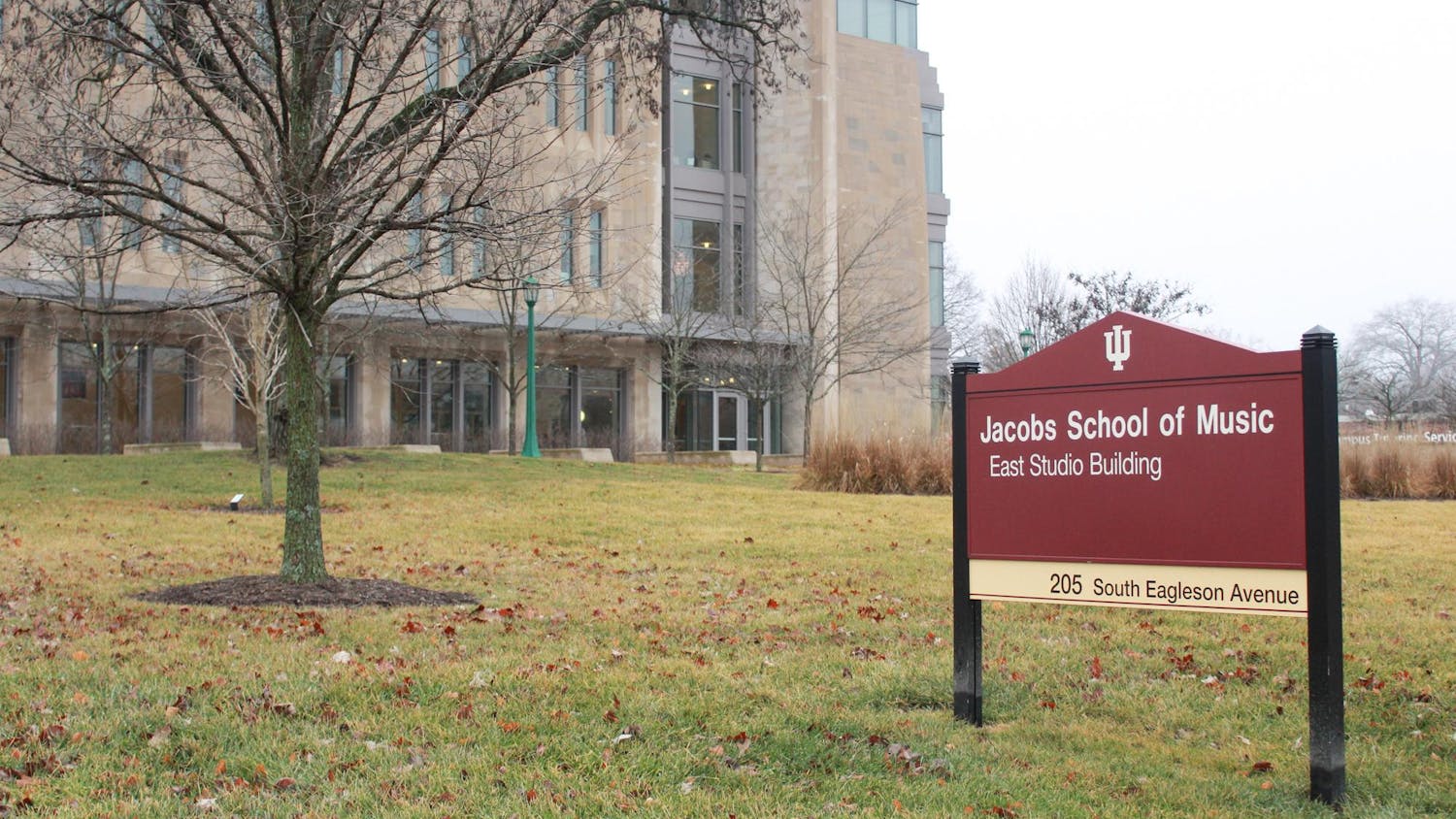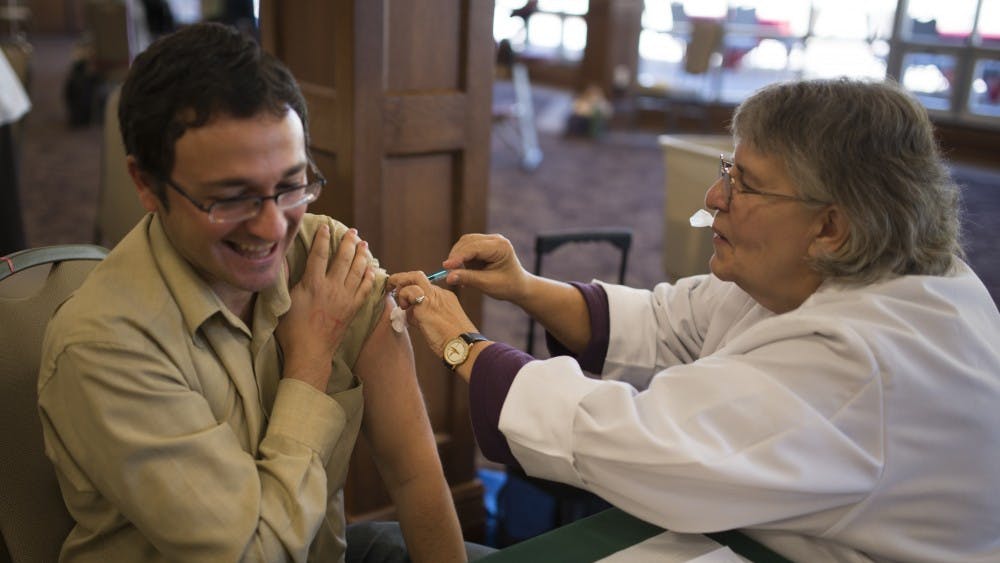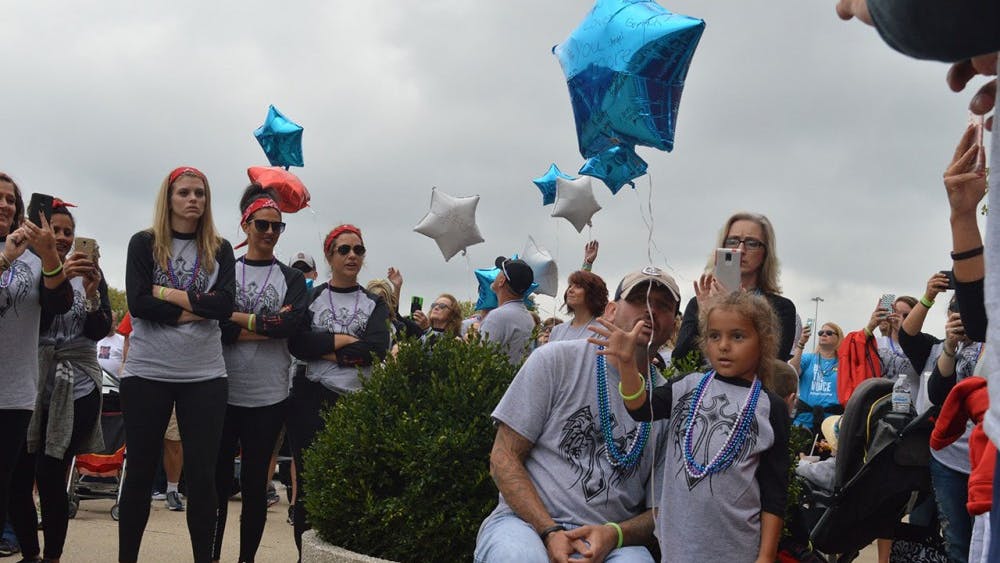SEOUL, South Korea -- A South Korean cloning pioneer accused of ethics violations publicly apologized Thursday, acknowledging that two junior scientists working for him voluntarily donated their own eggs for his research.\nHwang Woo-suk, a trained veterinarian, gained worldwide attention after announcing last year that his team had cloned the world's first human embryos and extracted stem cells from them.\nSince then, though, rumors have swirled that some of the eggs used in the experiment were donated by subordinate scientists in Hwang's lab. Scientists have said that collecting eggs from an employee is unethical because of the potential for subordinates to feel coerced.\nHwang, who is considered a national hero in South Korea, also said he would resign as head of the World Stem Cell Hub "to atone to the public." He launched the hub last month in Seoul along with international researchers with the aim of serving as the main center for providing scientists around the world with embryonic stem cells to seek treatments for now-incurable diseases.\nThousands of patients have signed up to donate their cells for research.\nThe foundation had announced plans to open cloning centers in San Francisco and London. But U.S. support for the effort is waning in the wake of the egg donation allegations. Earlier this month, a University of Pittsburgh researcher pulled out of his partnership with Hwang's research team, citing ethical concerns.\n"I am very sorry that I have to tell the public words that are too shameful and horrible," Hwang said, appearing downcast and solemn before a packed news conference. "I should be here reporting the successful results of our research, but I'm sorry instead to have to apologize."\n"The responsibility for all disputes and controversy lies on me," Hwang said. "I will not make any excuse."\nHwang's apology came after the Health Ministry said earlier Thursday that an ethics investigation at Seoul National University found the two junior scientists gave their own eggs for research. However, the ministry said the donations were not in violation of ethics guidelines because they were made voluntarily.\nAs the scientists' egg donations were neither "coerced or coaxed" nor "aimed at making profit," there has been "no violation of ethics guidelines," Health Ministry spokesman Choi Hee-joo told a news conference.\nHwang said he would continue his research at Seoul National University.\nThe allegations that employees had donated eggs for Hwang's research were first made last year in the scientific journal Nature.\nThe Health Ministry said Hwang found out about the donations in May 2004. Hwang said in a TV interview aired Tuesday he had tried to dissuade scientists at his lab from giving their own eggs and claimed he had not known if they had later done so.\n"Ethics and science are the two wheels that drive the civilization of mankind," Hwang said. "Scientific research should be conducted within the boundaries of ethics but in reality, there were some cases in which the ethics regulations backing (quickly developing) science had not been in place."\nThe ministry said its announcement Thursday was the result of a separate investigation by the university's ethics board.\nThe ministry also confirmed Thursday that a doctor who had earlier been providing eggs for Hwang's research had paid some women for their eggs, and that Hwang had recently been made aware of it.\nThe payments to egg donors, which ended in 2003, were not illegal at the time. However, Hwang has previously insisted that all eggs obtained for his research were made by donors who gave them in hopes of helping his work.\nUnder commonly observed international guidelines, scientists are advised to be cautious when using human subjects for research who are in a dependent relationship with them -- a precaution against exploitation.\nHwang said he and one of the scientists who gave her eggs were previously unaware of the guideline.\n"I have learned a painful lesson that I should conduct research in a calm and cautious manner by living up to a global standard," he said.
Cloning pioneer apologizes for receiving eggs from his lab scientists
Veterinarian says he crossed ethical boundaries
Get stories like this in your inbox
Subscribe





